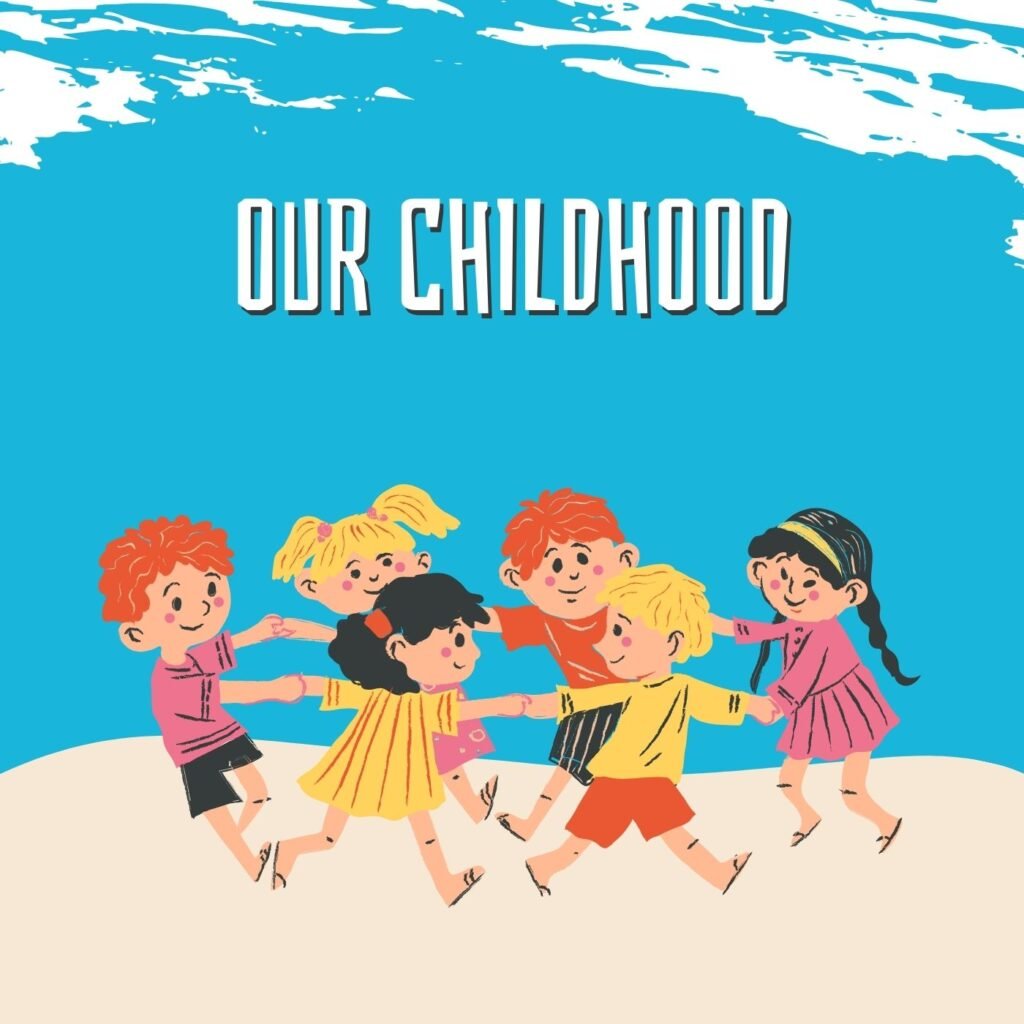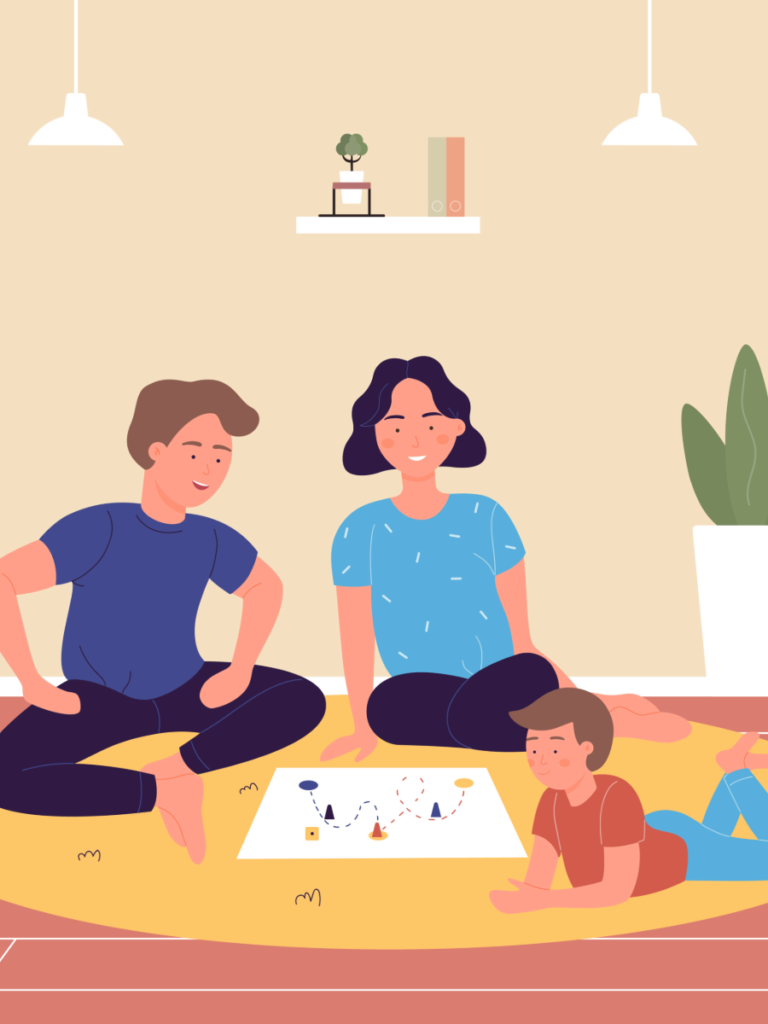Introduction:
The Power of Play is a transforming energy that exists in the beautiful realm of infancy, where imagination reigns supreme and every moment is filled with wonder. It’s a force that goes beyond simple recreation, weaving its charm into every game, laugh, and adventure. Join us on a journey into the heart of childhood, where we’ll look at how playing shapes our children’s lives. Discover how the Power of Play sparks curiosity and illuminates the route to limitless possibilities, from stimulating creativity to supporting development.

Understanding the Power of Play
Play is more than just an entertainment activity; it’s an essential part of childhood that promotes physical, cognitive, social, and emotional development. Children actively acquire and refine fundamental abilities while playing, whether it’s with building blocks, role-playing, or imaginative storytelling.
- Physical Development: Play promotes mobility, coordination, and motor skill development. Physical play, whether it’s running around the yard, climbing on playground equipment, or dancing to music, builds muscles, improves balance, and increases general physical health.
- Cognitive Development: Children investigate, experiment, and solve problems while playing. Cognitive play, whether it’s putting together puzzles, sorting shapes, or building with blocks, promotes critical thinking, spatial awareness, and mathematical concepts. It also fosters creativity and invention as children figure out new ways to use toys and materials.
- Social Development: Play promotes social contact, cooperation, and communication. Social play, whether it be pretend play with friends, negotiating roles and norms, or resolving problems, teaches children fundamental social skills including empathy, sharing, and teamwork. It provides the framework for developing connections and handling social circumstances.
- Emotional Development: Play enables youngsters to express themselves, gain self-confidence, and regulate their emotions. Emotional play, whether through theatrical play, artistic expression, or play with dolls and action figures, helps youngsters process their experiences, understand the viewpoints of others, and develop resilience in dealing with adversities.
The Power of Play in Action: A Live Example
Allow me to relate a personal tale that powerfully demonstrates the life-changing effects of play. As a parent, I saw personally how play fueled my daughter’s creativity and curiosity, resulting in extraordinary learning and growth.
Last year, while on a family camping trip, we were trapped in an unexpected thunderstorm that forced us to spend hours in our tent. With limited entertainment alternatives, my daughter, Lily, chose to transform our tent into a wonderful kingdom. With blankets, cushions, and her brilliant imagination, she transformed the cramped room into a world of adventure and excitement.
Lily went on a storytelling and make-believe adventure, using the blankets as artificial forts and the cushions as imaginary creatures. She developed characters, imagined amazing places, and weaved sophisticated stories that enthralled our entire family. Lily’s imaginative play not only kept her entertained, but it also helped her improve her narrative skills, vocabulary, and creative thinking.
As the rain continued to fall outside, Lily’s laughter filled our little tent, reminding me of the immense joy and power of play. In that moment, I recognized that, even in the face of suffering, play has the power to lift spirits, foster connections, and ignite the imagination.
Conclusion
In a world full with screens and schedules, let us not underestimate the value of play in our children’s lives. Every moment of play, whether it’s making sandcastles on the beach, dressing up in the living room, or exploring nature in the garden, provides opportunities for growth, learning, and joy.
So, let us embrace the power of play by creating places in which our children can laugh, learn, and express their limitless creativity. After all, in the beautiful realm of youth, play is more than just a pleasure; it leads to discovery, connection, and limitless possibilities.
Also read and learn about How to massage your baby

Pingback: "Understanding Good and Bad Parenting: Tips for New Parents" - New Parents Care